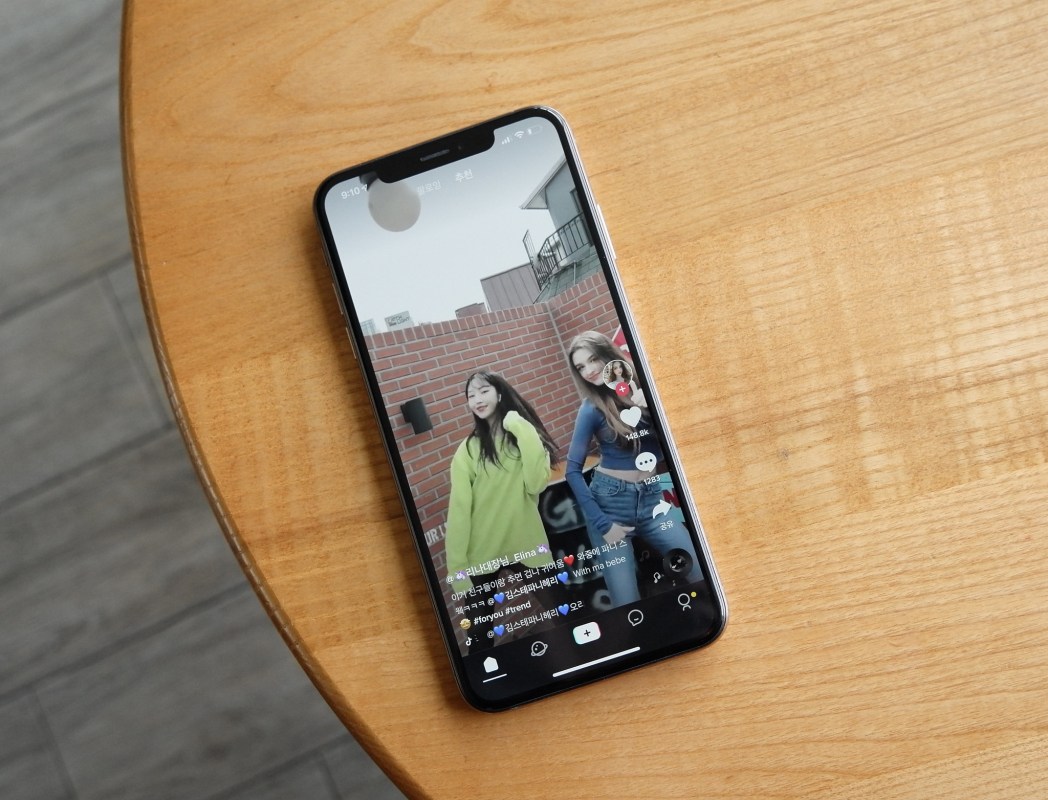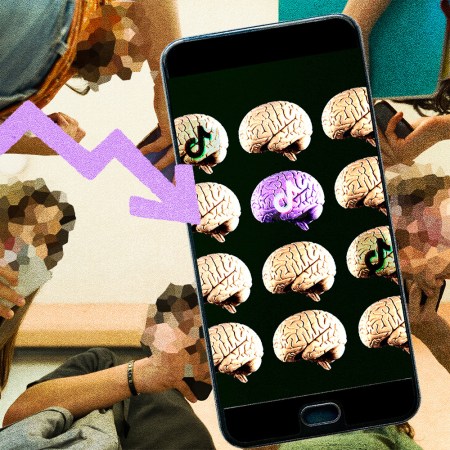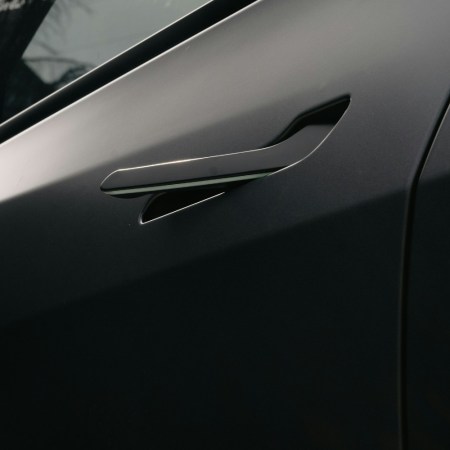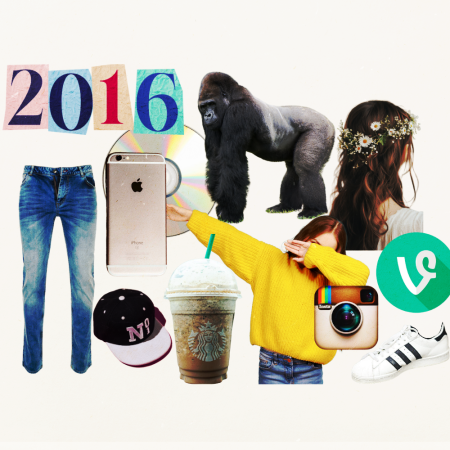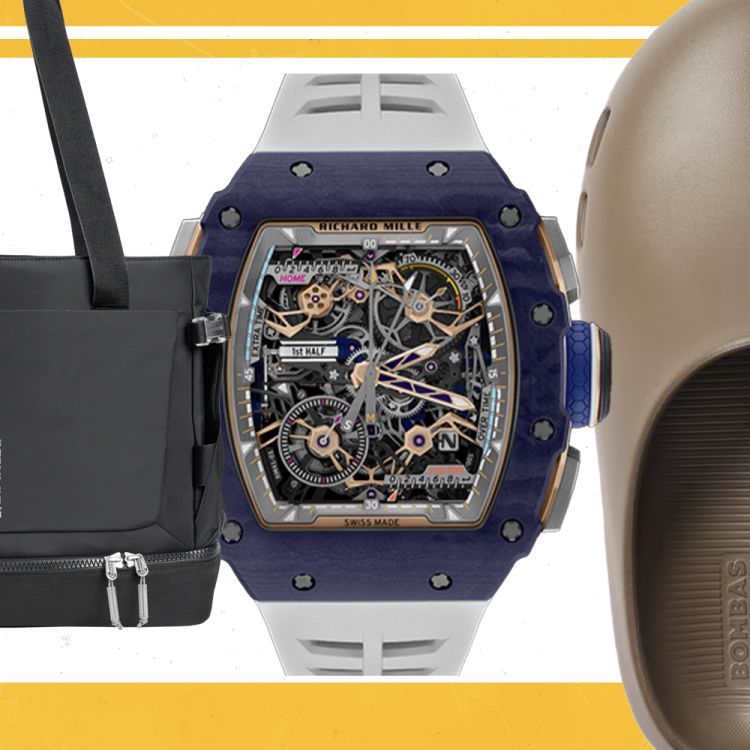If you’ve ever wondered what makes the popular social media site TikTok, um, tick, this has been an enlightening week. A few days ago, a report by Jia Tolentino at The New Yorker explored TikTok’s origins and how it became so ubiquitous among a younger generation of users around the globe. Among the questions raised by Tolentino’s article was the extent to which the Chinese government had oversight over TikTok, whose parent company ByteDance is based in China. As Tolentino wrote:
TikTok employees in Los Angeles declined to talk in any detail about their relationship to ByteDance headquarters, in Beijing, and everyone I spoke to emphasized that the U.S. operation was fairly independent. But one former employee, who left the company in 2018, described this as a “total fabrication.”
Now, a new article by Alex Hern at The Guardian offers another window onto TikTok’s inner workings — including how their content moderation is used for political ends. A leaked document revealed how the company manages certain topics, which has more than a few political repercussions:
The guidelines divide banned material into two categories: some content is marked as a “violation”, which sees it deleted from the site entirely, and can lead to a user being banned from the service. But lesser infringements are marked as “visible to self”, which leaves the content up but limits its distribution through TikTok’s algorithmically-curated feed.
These guidelines cite various topics sensitive to the Chinese government within broader contexts. For example, Hern writes that one “ban covers ‘demonisation or distortion of local or other countries’ history such as May 1998 riots of Indonesia, Cambodian genocide, Tiananmen Square incidents’.”
The moderation also bans discussion of 20 heads of state and other similar figures, including Donald Trump, Shinzo Abe, and Mahatma Gandhi.
ByteDance has responded to the report, arguing that these guidelines have since been replaced by newer ones, which are less specific. Regardless, it’s a troubling discovery — and one which may give some TikTok users pause before the next time they use the app.
Subscribe here for our free daily newsletter.
Thanks for reading InsideHook. Sign up for our daily newsletter and be in the know.
